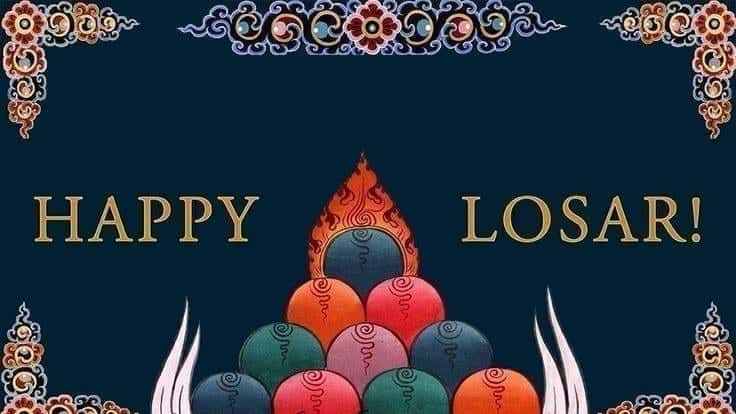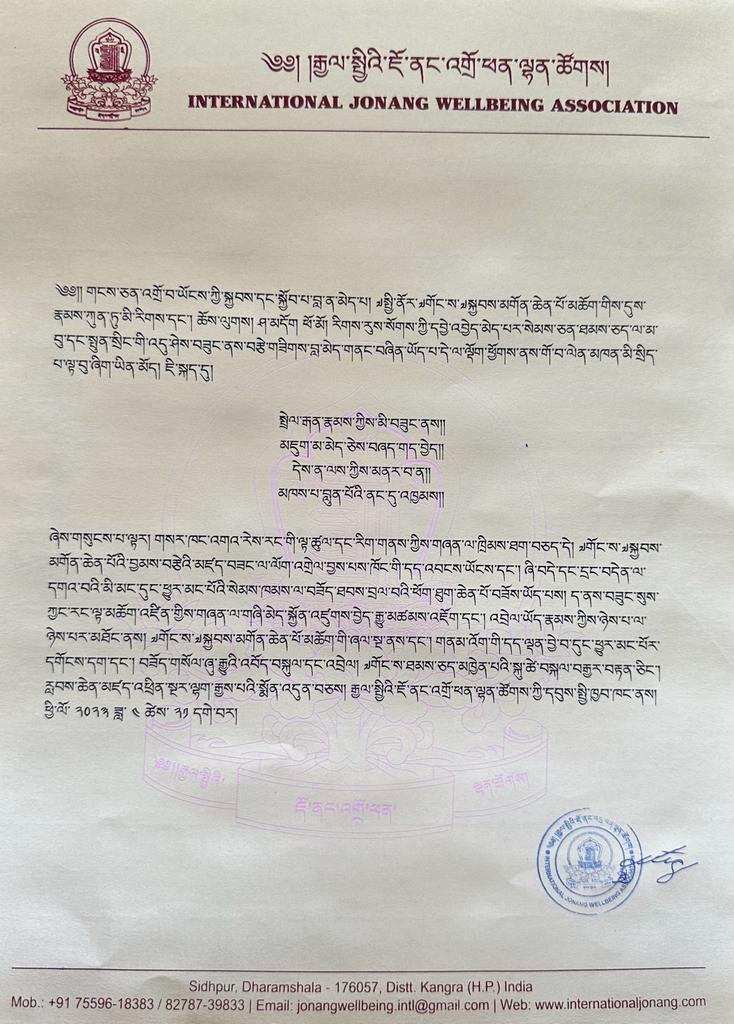Mountain Doctrine
Fourteenth this not say that the entities of afflictive emotions are purified through knowledge itself that they are self-empty? Answer: This is in consideration of temporarily suppressing or reducing the pointedness of coarse afflictive emotions because even this very passage says that, in the end, the conventional knowledge that afflictive emotions are self-empty must also be purified by non-conceptual pristine wisdom, meditative stabilisation actualising the ultimate. Meditation on self-emptiness brings about a temporary reduction of the coarse level of obstructions, but meditation on other-emptiness is required for eliminating them entirely. He explains what it means to not be self-empty and to be other-empty, on the basis of which he shows how to interpret scriptures. Concerning this-whether form bodies of buddhas come to the world or do not come, whether persons realise it or do not realise it, see it or do not see it-the limit of reality, which has many synonyms such as source of attributes and so forth, has abided thusly without changing, indestructible and not susceptible to being abandoned, without difference earlier and later, always part less, omnipresent, and all-pervasive. That is the meaning of not being empty of its own entity. Concerning the emptiness of other entities, the emptiness of imputational phenomena such as self, sentient being, living being, transmigrating being, nourisher, creature, and so forth and the primordial emptiness even of: other-powered conventional aggregates such as forms and so forth constituents sense-spheres dependently arisen phenomena and sentient beings traveling in the cyclic existences of the five transmigrating beings. is the meaning of other-entity emptiness. Similarly, with respect to the statement: Because the element of attributes is void, bodhisattvas do not apprehend a prior limit. Because thusness, the limit of reality, and the inconceivable basic element are void, bodhisattvas do not apprehend a prior limit.

